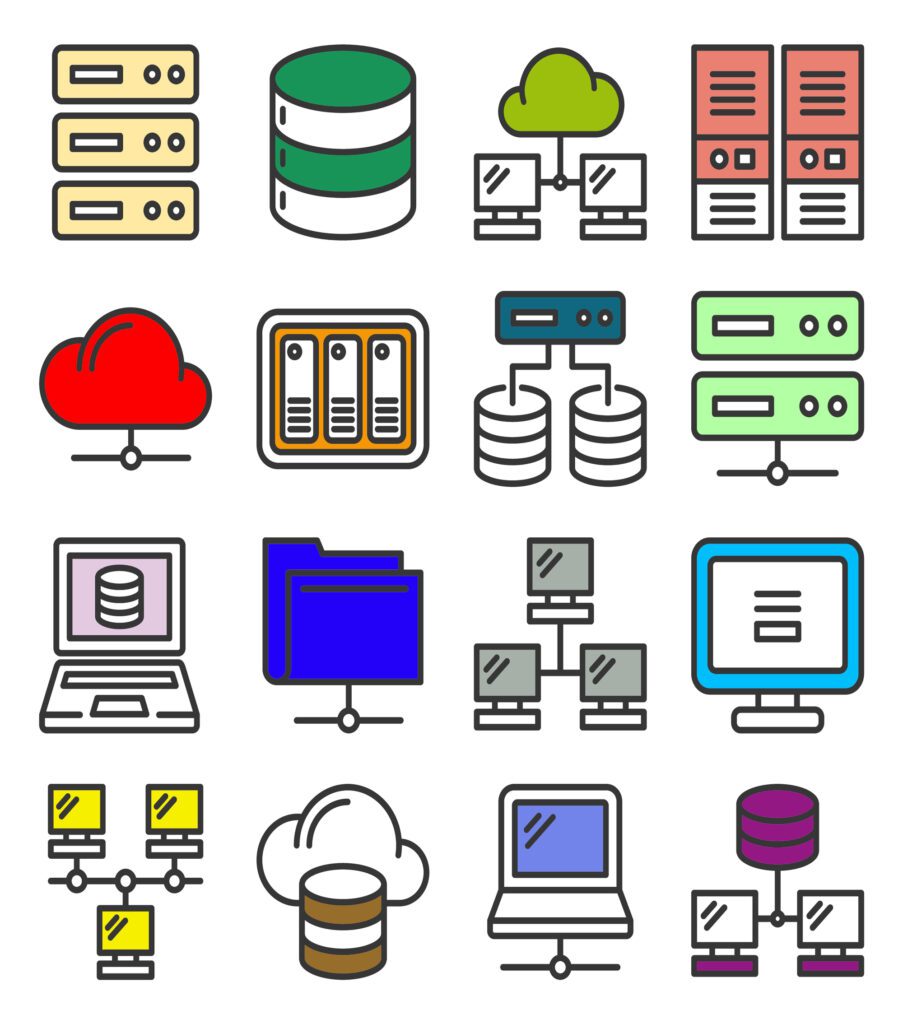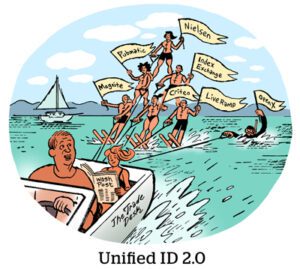Necessity – and signal loss – is the mother of invention.
Without ready access to device IDs and other identifiers, it gets a lot more difficult to measure ad effectiveness and tie conversions to clicks.
But as cookies, pixels and SDK data become increasingly unreliable, almost all of the large ad platforms are pushing server-side implementations to get conversion information from advertisers.
Advertisers share web, app or offline event data directly from their server with a platform in order to attribute outcomes to ad clicks.
It’s a neat little trick.
Meta has been nudging advertisers to enable its conversions API (CAPI) since 2020, back when Meta was still called Facebook and Apple first announced plans to release its AppTrackingTransparency framework.
Since then, Google, Pinterest, TikTok, Twitter, Snap and Spotify have all released their own flavors of conversion API.
“There have been a lot of chipped teeth along the way to get this product right, but this is like a reset for the future of the advertising industry,” said Jenna Fair, senior director of partnerships at Tealium, a customer data platform (CDP) that’s made it a priority to integrate with all the various CAPI solutions.
Feather in the CAPI
It makes sense for a CDP with its roots in tag management, like Tealium, to position itself as a conduit for conversion events to flow into a platform’s event API, said Fair, because it’s already a repository for an advertiser’s first-party data, including offline actions.
“You need strong first-party data first; that’s your foundation,” she said. “And then you can use that data to create audience segments based on real user behavior and conversion-level insights.”
So far, roughly one-third of Tealium’s client base – more than 300 companies – have implemented at least one conversion API.
By using a conversion API in combination with pixels, many have seen an increase in their conversion rates and return on ad spend, said Matt Gray, Tealium’s head of global partnerships.
Whereas tracking pixels track how people interact with a webpage, an events API like CAPI can pass CRM data, multichannel conversion paths between a website and a physical location and lower-funnel events, such as registrations and qualified leads.
“It really is an opportunity for advertisers to get more visibility into conversions and more accurate attribution than just using a pixel,” he said. “It’s a way to future-proof.”
But one man’s future-proofed solution might be considered a workaround by someone else. Apple in particular doesn’t take kindly to workarounds.
Known unknowns
Although conversion APIs seem like a panacea for signal loss and related measurement challenges, there’s no telling yet whether they really are a sustainable, long-term solution.
In a recent post at Mobile Dev Memo, Eric Seufert floated the notion that server-side integrations might not be as durable as they appear on the surface.
Consider Privacy Manifests.
During its most recent Worldwide Developers Conference in June, Apple announced Privacy Manifests, which are files that outline the privacy practices of any third-party code running in an app. Developers are meant to use this information to create more accurate Privacy Nutrition Labels so people can see what personal data an app collects before downloading it.
Seufert points out that Privacy Manifests don’t yet apply to server-to-server data transmissions; they’re primarily for third-party SDKs. But there’s nothing stopping Apple from using them to disrupt conversion APIs down the line.
Tealium’s product road map is built with the awareness that more privacy changes are likely, Gray said. Still, there’s only so much companies can do to plan for future eventualities. For now, the platforms and their partners are betting big on CAPIs.
“Data deprecation, the restriction of information – these things are always going to impede marketing practices, and if it’s not Apple, it’s going to be something else, including regulation,” Gray said. “Deprecation will happen no matter what, we just need to stay flexible.”



















